In the transformative years when students begin making important decisions about their future, College and Career Readiness Advisors (CCRAs) serve as essential navigators, guiding students through the complex landscape of the many post-graduation opportunities. Generously funded by the Horizons Grant from the Bill & Melinda Gates Foundation, seven CCRAs designated by ESD 112 have begun serving 12 regional school districts. The Horizons Grant partnerships support students of all backgrounds, with a focus on serving students facing the most significant barriers to opportunity, including BIPOC and first-generation college students, and those living in rural and low-income areas across Washington state.
By providing personalized support, expert guidance, and comprehensive resources, these CCRAs will help students explore diverse career options and make informed decisions that will shape their future. Read on to discover these professionals’ unique stories and dedicated approaches, with many drawing inspiration from their own transformative journeys as first-generation college students, or from personal experiences of encountering barriers to postsecondary educational opportunities.
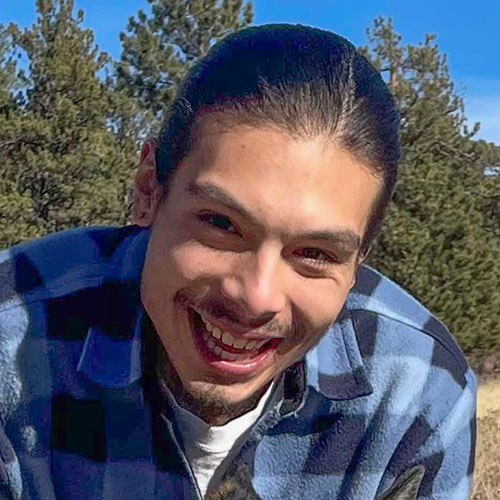
Phoenix Dorsey-Billy | Lyle, Klickitat, and Glenwood School Districts
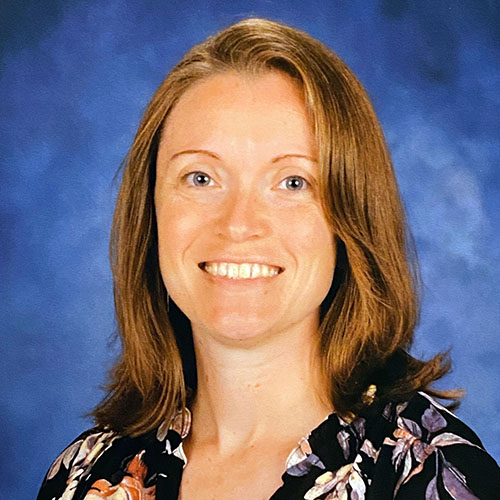
Kristy Gutierrez | Kalama School District
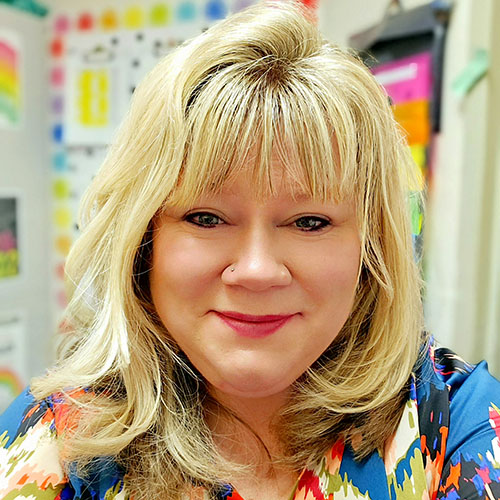
Kaylene Herman | White Salmon and Trout Lake School Districts
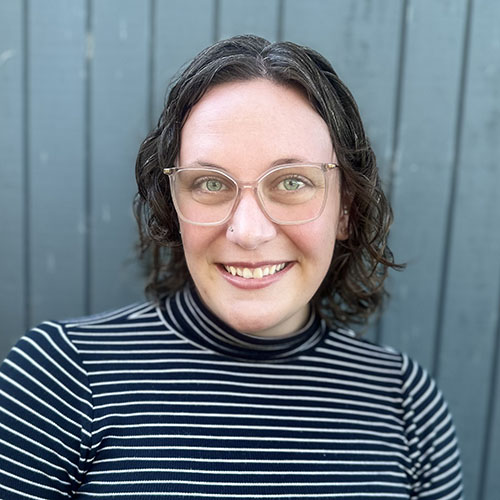
Rory Heywood | Wahkiakum and Naselle School Districts

Breana Higgins | Castle Rock School District
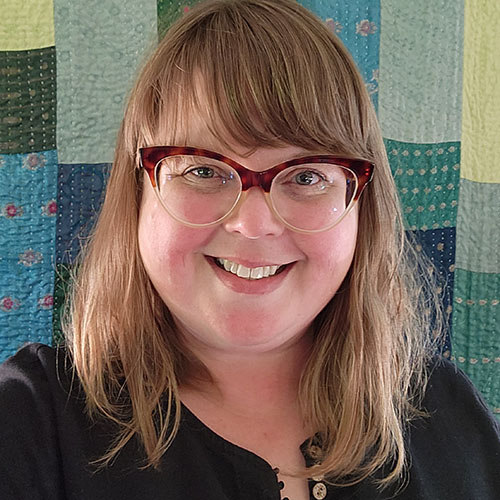
Amy Hitchcock | Ocean Beach School District
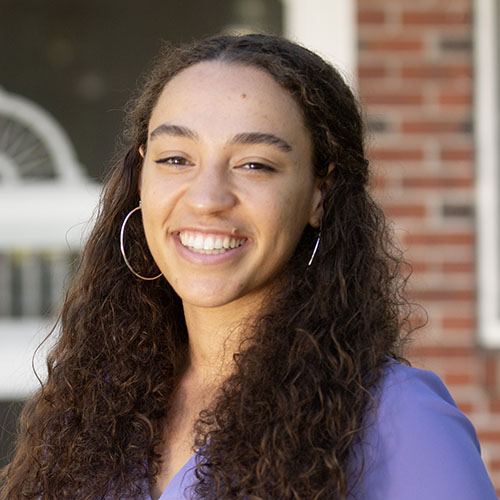
Lily Painter | Stevenson-Carson School District
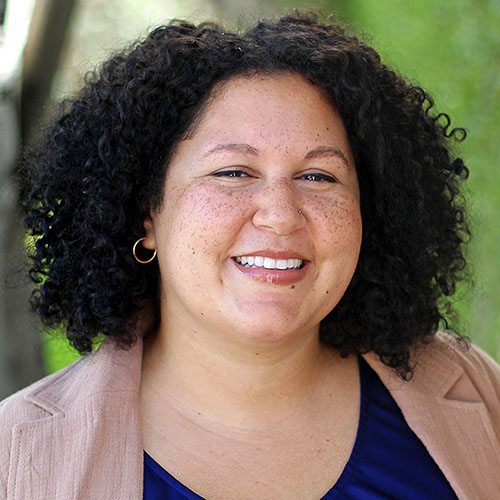
Cree Reynolds | Hockinson School District
Reflecting on the impact of this program, Jake Ptacek, Postsecondary Readiness Manager at ESD 112 shares:
“Our CCRAs really have the opportunity to become a part of each individual school district, collaborating with teachers, administrators and communities to help every student identify postsecondary goals that work for them. Our goal is for every student to graduate with a well-lit pathway for their future and to have the support they need to make that future a reality. I’m so humbled to see the impact that the CCRAs are making alongside their schools and communities. I think they are really helping prepare students in Southwest Washington for success, and I can’t wait to see what the future looks like for our students.”
About The Horizons Regional Grant Program:
For more information on the Horizons Grant or the Gates Foundation, visit the Gates Foundation website, or contact Jake Ptacek, Postsecondary Readiness Manager at ESD 112 at jake.ptacek@esd112.org.

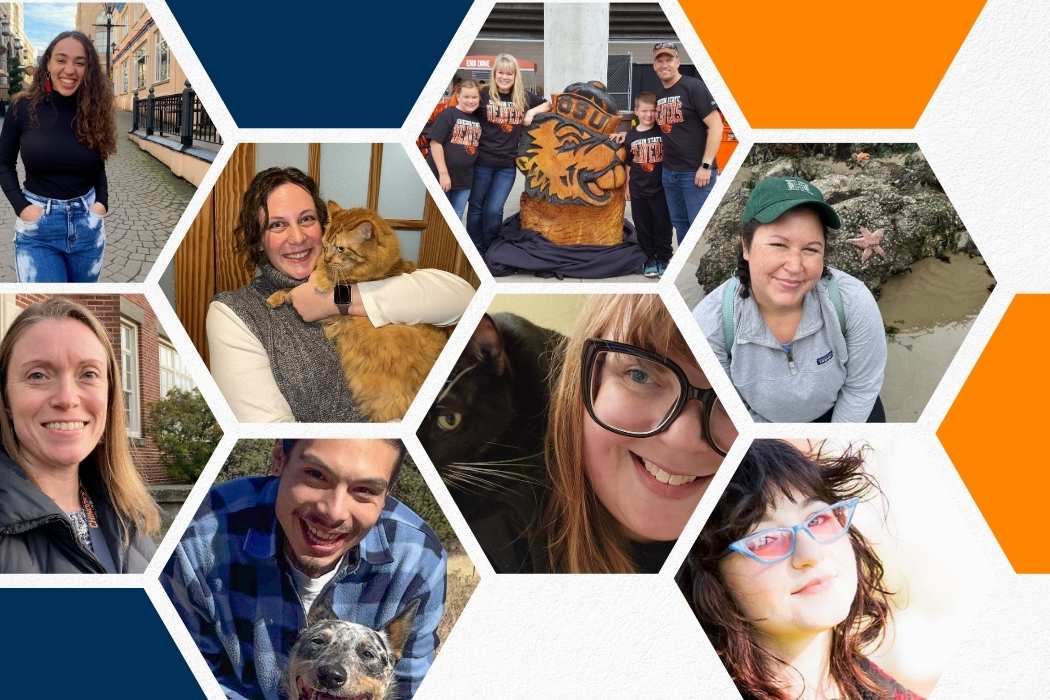
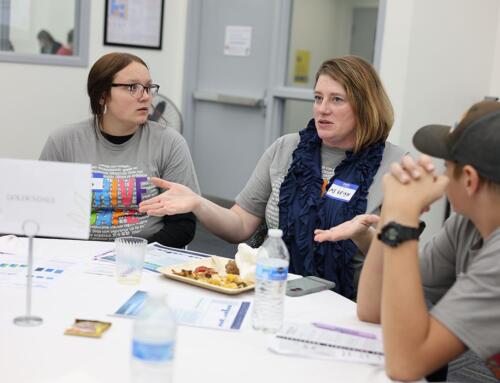
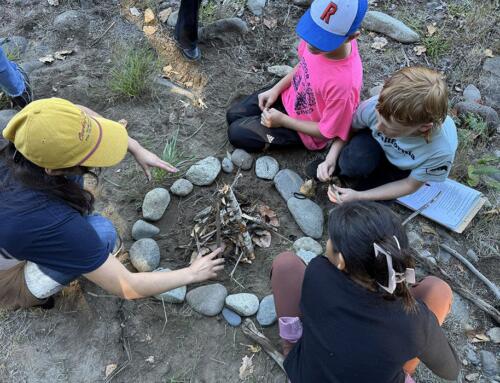
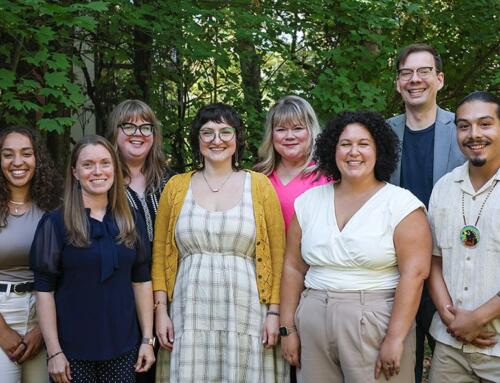
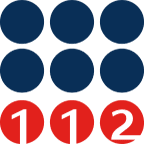 ESD 112 equalizes educational opportunities for learning communities through innovative partnerships, responsive leadership, and exceptional programs.
ESD 112 equalizes educational opportunities for learning communities through innovative partnerships, responsive leadership, and exceptional programs.